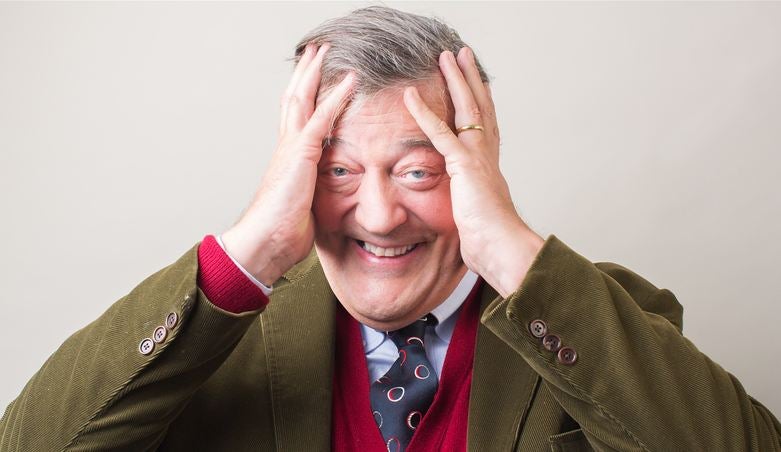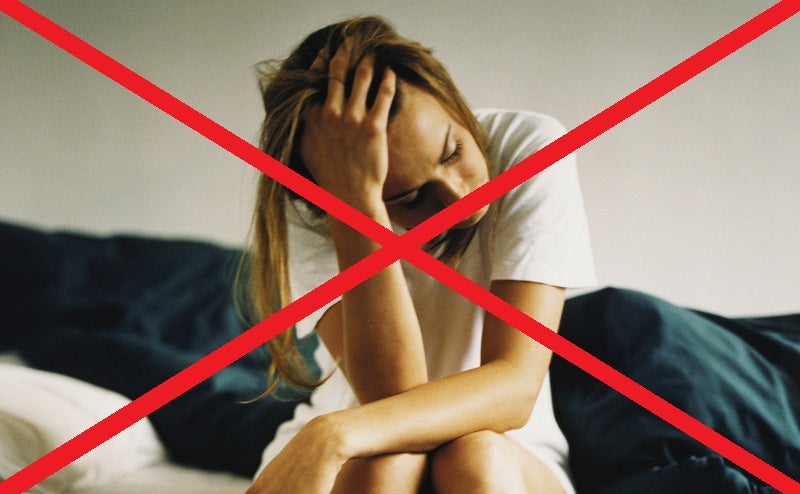Campaign launched to stop depression being illustrated with head-in-hands pictures
'People with mental health problems don’t look depressed all the time'

Your support helps us to tell the story
From reproductive rights to climate change to Big Tech, The Independent is on the ground when the story is developing. Whether it's investigating the financials of Elon Musk's pro-Trump PAC or producing our latest documentary, 'The A Word', which shines a light on the American women fighting for reproductive rights, we know how important it is to parse out the facts from the messaging.
At such a critical moment in US history, we need reporters on the ground. Your donation allows us to keep sending journalists to speak to both sides of the story.
The Independent is trusted by Americans across the entire political spectrum. And unlike many other quality news outlets, we choose not to lock Americans out of our reporting and analysis with paywalls. We believe quality journalism should be available to everyone, paid for by those who can afford it.
Your support makes all the difference.The charity Time To Change is trying to get newspapers, TV stations and online news outlets to stop using 'head-clutching' stock photos to signify mental health issues.
"People with mental health problems don’t look depressed all the time," it said on the Get The Picture page, pointing out that the images are stigmatising and have the potential to make people think that only those who are visibly distressed are in need of help and ignore people's inner problems.
"The ‘headclutcher’ is an unfair and inaccurate representation of what life is like with a mental health condition, but it’s often the image most commonly associated with people who experience them," said Rehaan Nasari, a medical student at Newcastle University model for the campaign.

"It’s definitely time to change the backwards attitude that mental health conditions are something to be ashamed of."
Time for Change is urging picture editors to look for images that are truly relevant to stories and be sensitive when illustrating stories about suicide and self-harm, as a poll found that images of suicide may trigger suicidal feelings.
It is encouraging members of the public to take a fun 'headclutcher' selfie and use the hashtag #GoodbyeHeadclutcher, with Stephen Fry getting the hashtag underway.
Join our commenting forum
Join thought-provoking conversations, follow other Independent readers and see their replies
Comments